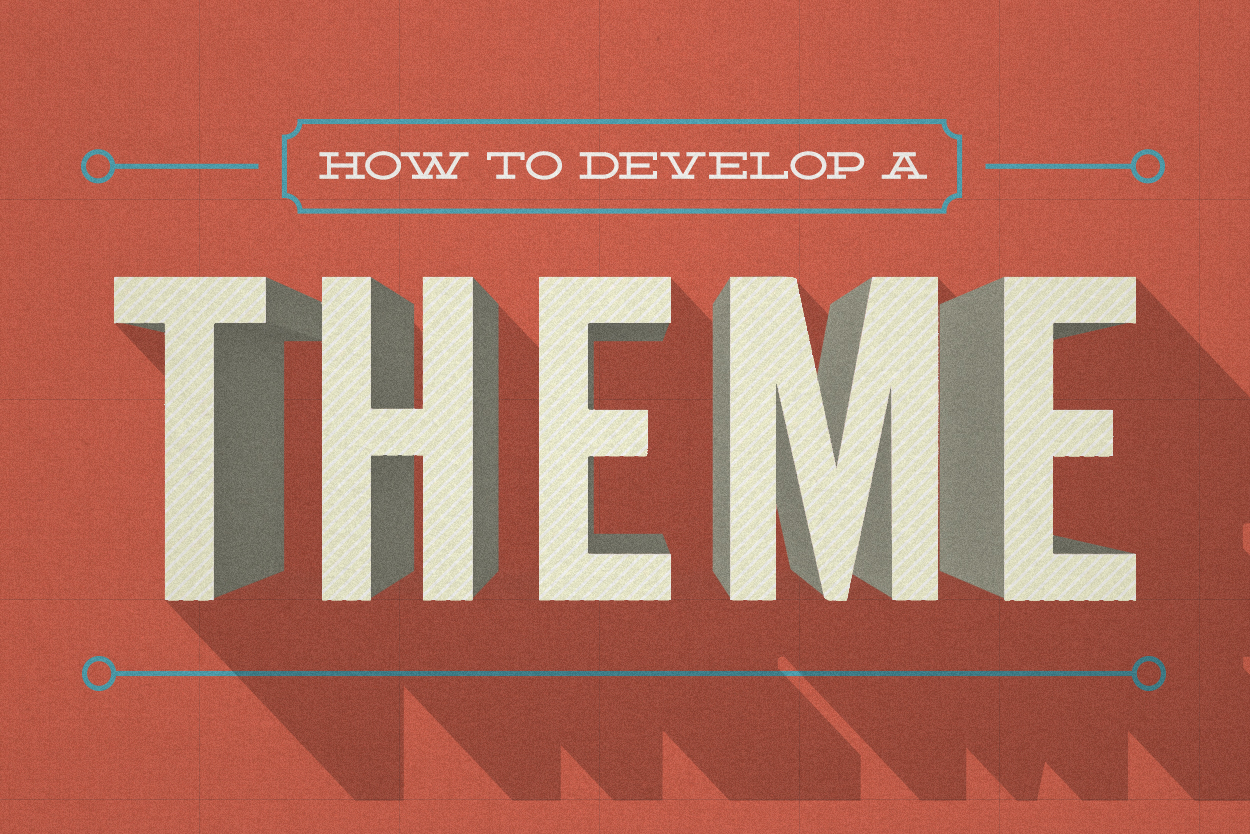Finding the Theme of Your Documentary
I’m just back from a fabulous week at the Esalen Institute where I was honored to present among world-renowned teachers, including narrative script consultant Dara Marks.
Her acclaimed book Inside Story: The Power of the Transformational Arc is one of the best screenwriting manuals out there. Although Marks works in the realm of fiction films, I’ll be applying a number of her concepts to the world of documentary filmmaking in the coming weeks. Today, let’s explore theme.
Finding the theme of your documentary is more than identifying its chief idea. Love, progress, maturity, hope, childhood–these are not themes. They are concepts. It’s what you say about love that makes it a theme. For example, “money can’t buy love” is a potential theme.
When you hit the land of the cliché,” says Marks, “it’s a doorway” to discovering theme. She cites the film Dead Poets Society in which actor Robin Williams inspires a group of stodgy high school students. The topic or concept of the film is manhood. But what is the film saying about manhood?
A clue is in the first act when Williams gives a speech that urges his students to “seize the day”. Breaking down that cliché, “seize” means “to take hold of”. And “day” is a substitute for “life”. So the theme, says Marks, is “take hold of life”.
If you’ve mulled over the obvious clichés in your film and you’re still not sure of the theme, look at your values and POV, from which theme emerges. “It can be hard for a writer to believe they have a worthwhile point of view,” says Marks.
And, I’ve observed, it can be even more challenging to get documentary directors to claim their POV. “I don’t want to tell the viewer what to think,” I often hear. Then tell them what you think and let them make up their own mind.
In other words, don’t be spineless or dwell in the land of the vague. Boldly author your film. “Theme is what you believe and what you believe in,” says Marks. “You don’t need to justify it.”
One final tip. Once you identify your theme, you need to convey it. There are two ways to do this, according to Marks. First, you can talk about it. Second, make the theme the protagonist’s internal conflict. In other words, convey theme through the story arc. (More on that in future newsletters.)
The second option is easier for screenwriters to pull off, because they can make it up. In documentary films, especially essay-style structured films, talking about the theme will be your primary vehicle.
While many filmmakers consider bringing in a story consultant during post-production to critique a rough cut, talking about how theme intersects with story ideally happens early on in pre-production, or early-production. Email me for help in identifying your film’s theme and the best way to convey it.
